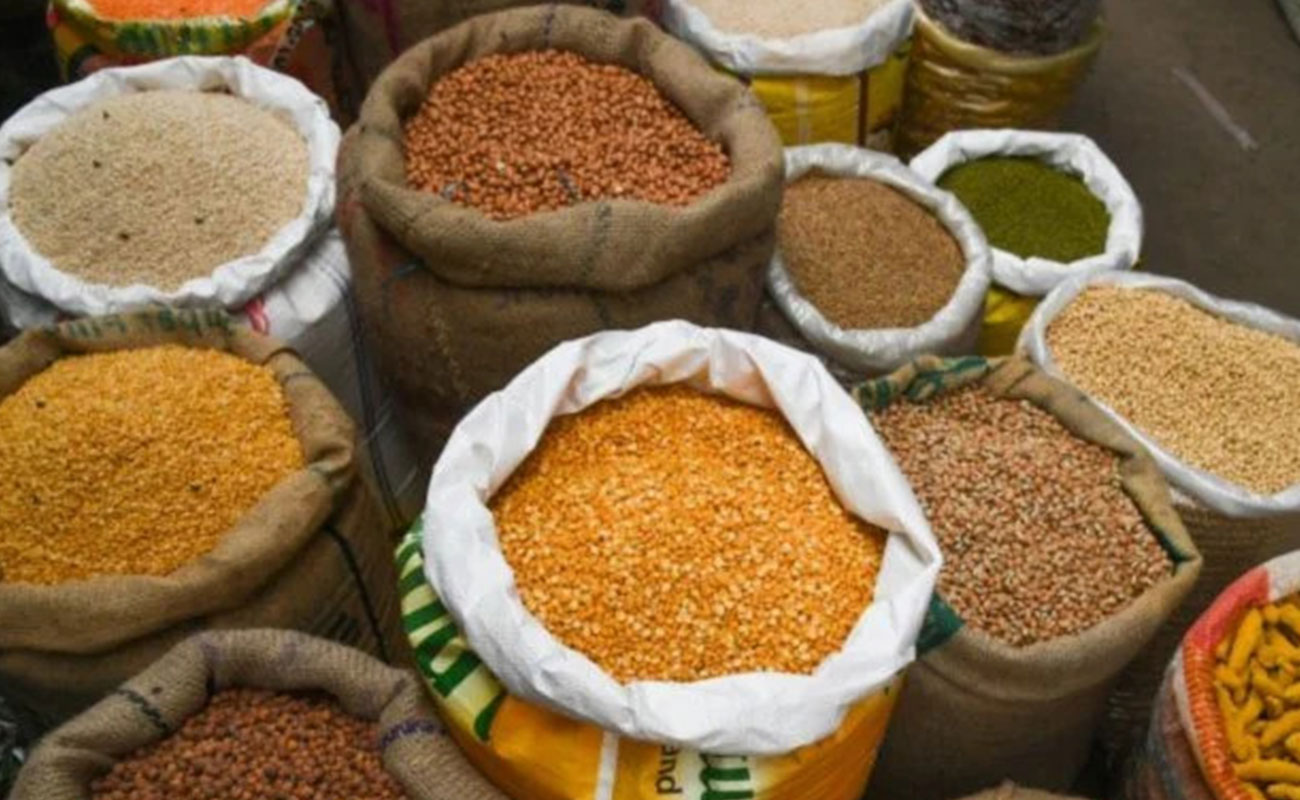
By Rahel Solomon
Conflict and violence have devastated food security across Africa. In 2023 alone, an estimated 149 million Africans were facing acute food insecurity, according to the Food and Agriculture Organization (FAO) report. This alarming statistic lays bare the harsh reality facing millions of Africans, as ongoing clashes, civil wars, and ethnic tensions have disrupted agricultural production, destroyed critical infrastructure, and severely disrupted the distribution of food and other essential resources.
Last year, countries like the Democratic Republic of Congo, Nigeria, Sudan, and Ethiopia experienced severe food crises, affecting between 20 and 25 million people. These conflicts have had a devastating human toll, forcing countless families to abandon their homes and livelihoods. Deprived of land, livestock, and essential resources, these displaced populations face acute food shortages. The subsequent refugee crisis has further compounded the problem, leaving vulnerable people struggling to access adequate nutrition.
Africa is blessed with an abundance of natural resources that should position the continent as the breadbasket of the world. With over 60% of the world’s uncultivated arable land located in Africa, and a climate conducive to diverse agricultural production, the region has immense potential. Moreover, Africa’s livestock population is the largest in the world, with the capacity to produce vast quantities of meat, dairy, and other animal-based products.
Despite the vast agricultural potential of Africa, the continent remains a major food importer and aid recipient from other, often smaller yet wealthier, countries. This paradox highlights the complex challenges facing Africa’s food security. Conflict and instability have crippled agricultural productivity, while poor infrastructure, lack of investment, and limited access to modern farming techniques have hampered growth. In stark contrast, a small European country like the Netherlands, with a land area just 4.5% the size of Nigeria, is a global agricultural powerhouse, exporting over 123.8 billion euros worth of food and agricultural products in 2023.
Similarly, Israel, a country with limited natural resources, has leveraged technology and innovation to become a leader in sustainable agriculture, producing more food per capita than any other country in the world. This serves as a powerful reminder that with the right policies, infrastructure, and investment, Africa’s agricultural sector could thrive, providing food security and economic opportunities for its people.
However, the impact of conflict on food systems goes even deeper. Conflict has been deliberately weaponized, with the use of siege tactics, blockades, and the systematic destruction of agricultural infrastructure becoming all too common. In Somalia, for example, the conflict between the Somali government and the militant group Al-Shabaab has resulted in severe restrictions on the import and distribution of food, fuel, and other essential supplies – a strategy that has pushed millions of Somalis to the brink of famine.
The ethical implications of using hunger as a tool of war are profound. Depriving people of food is a fundamental violation of their basic human rights and dignity, and it inflicts immense suffering on vulnerable civilian populations, including women, children, and the elderly.
What makes this crisis even more alarming is the projected population growth in Africa. By 2050, the continent’s population is expected to double, reaching nearly 2.5 billion people. This underscores the urgent need to address food insecurity and agricultural challenges in Africa, as the demand for food will only continue to rise in the coming decades. Failure to act now could have devastating consequences, with the potential for widespread famine and human suffering on an unprecedented scale.
Addressing this crisis will require a comprehensive, multi-faceted approach that tackles the root causes of both conflict and hunger. This must involve concerted efforts to promote conflict resolution, peacebuilding, and the protection of civilians, as well as long-term investments in sustainable agriculture, climate change adaptation, and rural development.
By bringing together African governments, international organizations, NGOs, and local communities, a concerted effort to tackle the apparent relationship between conflict and food insecurity can be achieved. It is crucial that the root causes of conflict – such as unequal access to resources, ethnic tensions, and political instability – are addressed. Once this foundation is in place, investment in agricultural practices that are more resilient, like climate-smart farming techniques, diversifying crop and livestock production, and improving storage and processing, can be undertaken.
Early warning systems to monitor threats like droughts, pests, and market disruptions are also key, so that timely humanitarian aid can be provided when needed. However, lasting peace and stability are what will create an environment where agriculture and food production can truly thrive. This requires supporting inclusive governance, strengthening conflict resolution, and promoting dialogue between communities. Empowering local people to build sustainable livelihoods and get involved in peacebuilding is essential for long-term food security and stability in the region. By aligning the efforts of various stakeholders towards a common goal, the path towards a more resilient and prosperous future for Africa can be paved.
